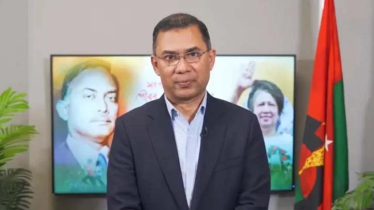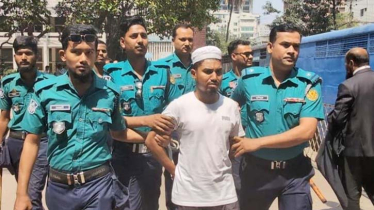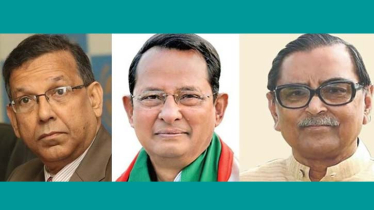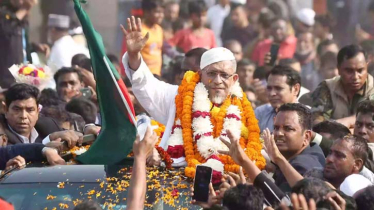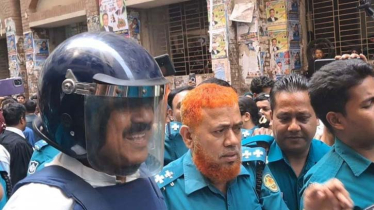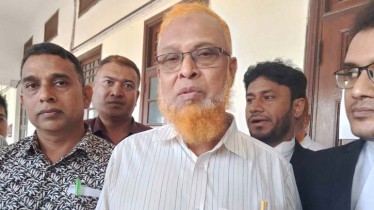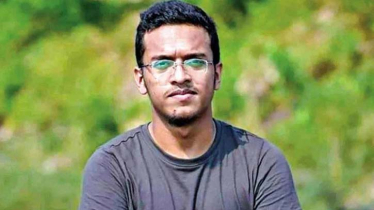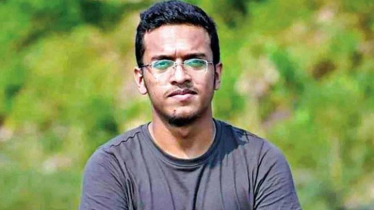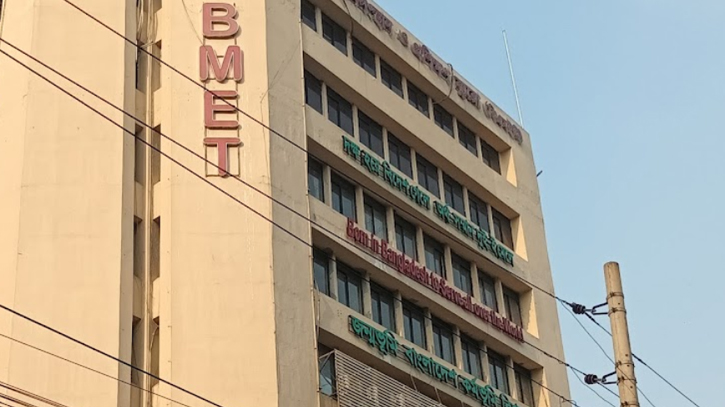
Photo: Collected
The Anti-Corruption Commission has filed a case against system analyst Sahidul Islam and assistant cum computer operator Saiful Islam after nearly two years of investigation into the incident involving the theft of over 120 crore taka and the creation of about 4,000 fake BMET cards for the United Arab Emirates. Additionally, seven more officials of the Bureau of Manpower Export and Training (BMET) are expected to face legal action as the investigation against them is at the final stage.
This development follows revelations from an investigation committee formed by the Ministry of Expatriates and Foreign Employment in 2022, which uncovered the issue of human trafficking facilitated by fake BMET cards. The ACC's subsequent investigation led to the initial filing of a case against two individuals, with further action pending against the remaining suspects.
BMET Additional Director General Shah Abdul Tariq acknowledged that the ACC has taken action against those implicated in the allegations, indicating a commitment to address any further instances of wrongdoing. He clarified that he was not present during the period in question and refrained from commenting further.
Sources suggest that the issuance of fake smart cards in 2022 led to Bangladeshi workers facing danger upon arrival in the UAE, as they were left without legal status or employment.
Following reports of workers stranded in parks and on the streets without jobs, a government investigation committee, led by Additional Secretary Abdul Quader, was formed. The investigation uncovered involvement of government officials in deceiving employees, with smart cards being fraudulently sold to various entities, including recruitment agencies, trading firms, and brokers, for significant sums ranging from 3 to 4.5 lakh taka per worker.
The investigation report implicated BMET's system analyst, Saidul Islam, in the smart card fraud syndicate. Islam had previously faced suspension in 2019 for tampering with the database.
The rest are - Manpower Survey Officer Imarat Hossain Mollah, Chief Assistant of Exit Branch Shamima Ferdowsi, Data Entry Operator Saiful Islam, Assistant Director Shelina Akhtar, Liton Kanti Chowdhury, Deputy Director Abul Kalam Azad, Director (Joint Secretary) Hasan Mahmud and Director (Deputy Secretary) Mizanur Rahman Bhuiyan.
A probe into the issuance of smart cards against eight agencies found evidence against six. These are Mahbub International (License No-286), Human Resource Development Center (License No-452), Dallas Overseas (License No-532), Al Mubarak International (License No-542), M Akhter & Sons (License No- 1284) and Al Fattah International (License Number-1501).
Bangladeshi workers must navigate several steps when seeking employment abroad. First, the employer in the destination country sends a demand letter to either a Bangladeshi recruiting agency or the relevant agency in Bangladesh. Next, the Bangladeshi embassy verifies the demand letter to ensure the existence of a genuine job offer and adequate salary for the worker. Upon approval, the Ministry of Expatriate Welfare grants employment permission. The Bureau of Manpower, Employment, and Training (BMET) then issues a smart card to the worker, which serves as an employment permit and contains their biometric information. This card must be presented at the airport when leaving Bangladesh. Importantly, the ministry is prohibited from issuing smart cards in excess of the allowed quota for employment.
The investigation conducted by the three-member committee, led by Abdul Quader, Additional Secretary of the Ministry of Expatriate Welfare, uncovered compelling evidence indicating that the BMET issued 6,938 smart cards against the employment permits of only 2,960 workers bound for the United Arab Emirates. Shockingly, 3,978 smart cards were issued through egregious and unimaginable fraud. The accused individuals allegedly accepted bribes ranging from Tk 2 to 3 lakh for each fake card, resulting in a fraudulent transaction totaling approximately 120 crores of taka.
Furthermore, the case statement filed against Sahidul and Saiful Islam by the Anti-Corruption Commission (ACC) revealed discrepancies between the number of group exit permits received by recruiting agencies since January 2022 and the number of group exit permits issued to the UAE as mentioned in the clearance report on the BMET website. Additionally, evidence of editing and deletion of many numbers was uncovered, along with attempts to manipulate the number of employment permits issued by the ministry.
Messenger/Disha

